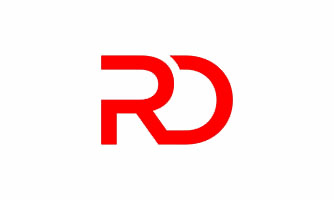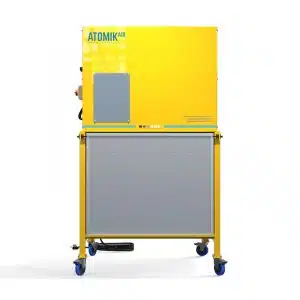Read Time:3 Minute, 9 Second
Industrial air purifiers are powerful devices designed to control and improve air quality in large-scale environments such as factories, warehouses, offices, and other industrial settings. They are equipped with advanced filtration systems and other technologies to remove contaminants and ensure cleaner and healthier air. Here’s how industrial air purifiers are typically used to control air quality:
- Filtration Systems: Industrial air purifiers employ high-efficiency filters to capture and remove a wide range of airborne contaminants. The primary types of filters used include:a. Pre-Filters: These coarse filters capture large particles such as dust, debris, and pet dander, preventing them from clogging the main filters and improving their lifespan.b. HEPA Filters: High-Efficiency Particulate Air (HEPA) filters are highly effective at removing microscopic particles, including pollen, mold spores, bacteria, viruses, and fine dust. HEPA filters can trap particles as small as 0.3 microns with an efficiency of 99.97%.c. Activated Carbon Filters: These filters are designed to adsorb gases, odors, and volatile organic compounds (VOCs) present in the air. They can remove harmful chemicals emitted by industrial processes and prevent unpleasant odors.
- Air Circulation: Industrial air purifiers and filtration systems are equipped with powerful fans that circulate and filter large volumes of air. By continuously moving the air, they ensure that a significant portion of the indoor air passes through the filtration system, effectively reducing the concentration of contaminants.
- Control of Particulate Matter: Industrial processes often generate airborne particles that can be hazardous to health. Air purifiers help control particulate matter by capturing and removing these particles from the air, preventing their accumulation and potential negative effects on the respiratory system of workers.
- Chemical and Odor Control: Industrial settings may release harmful gases, fumes, and odorous compounds. Air purifiers with activated carbon filters can effectively adsorb and neutralize these chemicals, improving the overall air quality and creating a safer working environment.
- Ventilation Support: Industrial air purifiers can work in conjunction with existing ventilation systems to enhance their effectiveness. By filtering the air before it is circulated throughout the building, they ensure that fresh air is delivered while reducing the concentration of pollutants.
- Monitoring and Control: Some industrial air purifiers come with advanced monitoring and control features. These may include air quality sensors that measure the levels of contaminants, particulate matter, and VOCs. With this data, the purifiers can adjust their filtration settings automatically, maintaining optimal air quality levels.
It’s important to note that industrial air purifiers should be selected based on the specific needs of the environment and the types of pollutants present. Regular maintenance and filter replacement are crucial to ensure optimal performance and effectiveness in controlling air quality.

